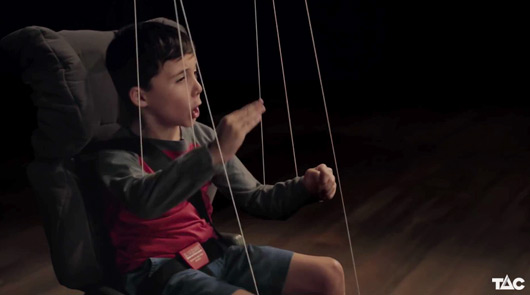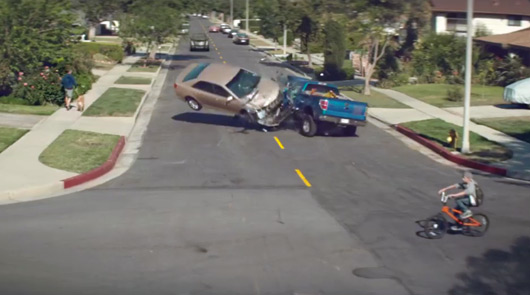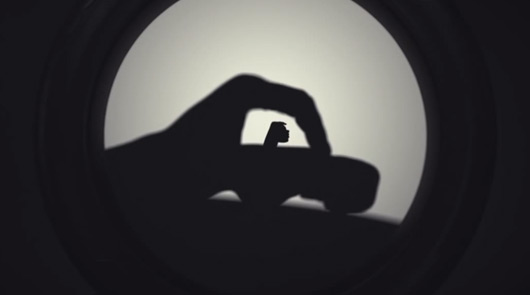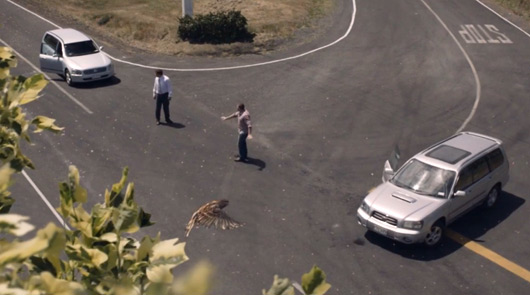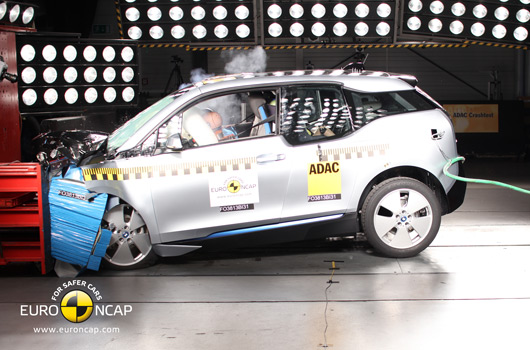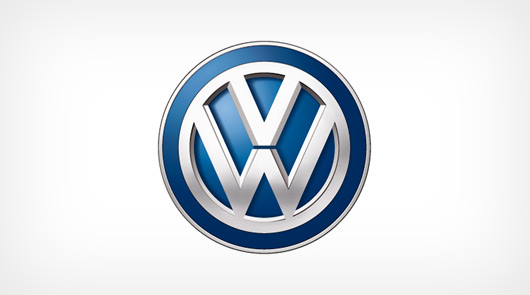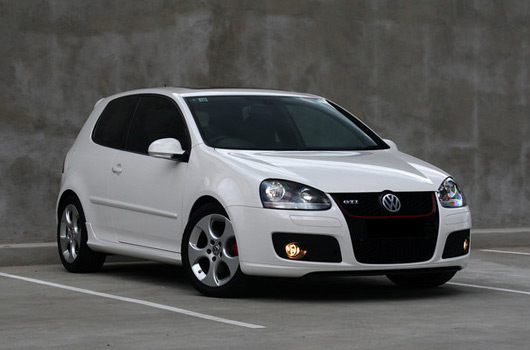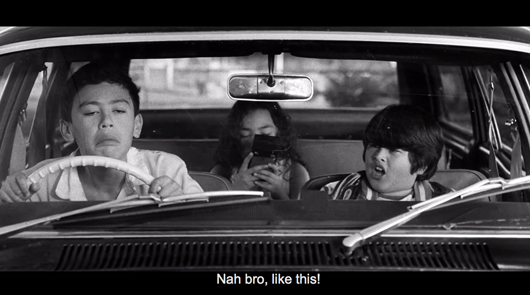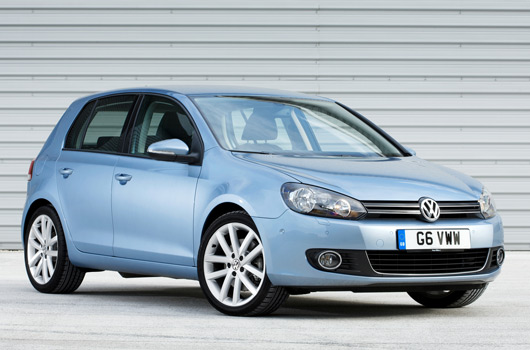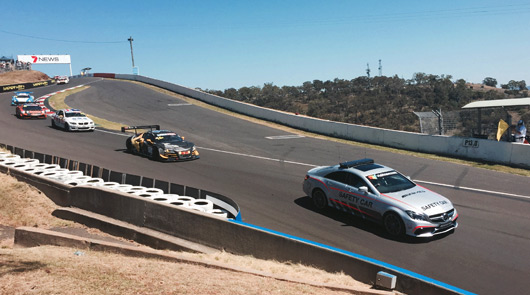
I will preface what you’re about to read by saying that the Safety Car is a necessary part of motor racing. This is especially the case on a track like Mount Panorama with its narrow concrete chasms. I would never advocate for the removal of the Safety Car as a concept and as a means of limiting the risk of injury to drivers, officials and spectators.
However, in yesterday’s Bathurst 12 Hour race there were 20 Safety Car periods. Yes, 20! On average, that’s one every 36 minutes.
There’s no evidence to suggest that any of those Safety Car periods were not warranted. Thankfully, there was only one concerning incident, involving David Brabham and it appears he has suffered nothing more than a few bruised ribs.
When it was appropriate, Race Control allowed time for spinning drivers to right themselves and if they couldn’t only then was a full course yellow called.
In terms of the safety aspect, then, I have no complaints at all. What I dislike about the Safety Car is that it robs us of competition.
In an event like the Bathurst 12 Hour, time spent following the SC lessens the endurance aspect. There’s less demand on the cars; drivers get time to relax. Rightly or wrongly the Safety Car makes endurance racing easier. And this was especially the case yesterday.
Inevitably, it now seems, we can no longer have an endurance race at Mount Panorama without having a Safety Car in the closing stages. This artificially closes any hard fought leads drivers and teams have worked so hard to establish.
All throughout the commentary yesterday we were told, “You just need to stay on the lead lap, because you just know there’ll be a Safety Car to bunch up the field leaving a sprint to the flag.”
I want to see a 12 hour endurance race, not a two-lap sprint!
Yes, it is a test of endurance to stay on the lead lap in a race of such time. But that’s not really the point. With the pace Markus Winkelhock showed at the start of yesterday’s race nobody was going to stay on the lead lap! The distance record would have been smashed and, potentially, a new Bathurst legend would have been born.
Alas, we were robbed yesterday. We’ll never know if Winkelhock’s pace in the opening stint of the race was sustainable. We’ll never know if it was a considered strategy to try and blow his opponents off the track, or if the other teams were deliberately holding back. Could the R8 really have gone a full 12 hours setting lap times around the 2:03 mark? Did Winkelhock and his teammates have the mental strength to maintain that pace, let alone their car?
I’m a little sad that we’re only ever going to be able to theorise over what may have happened, because the price we rightly pay to limit the risk of injury through the use of the Safety Car is to increase the risk of limiting competition.
